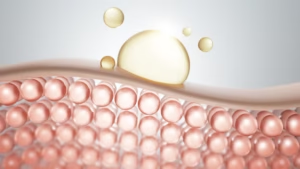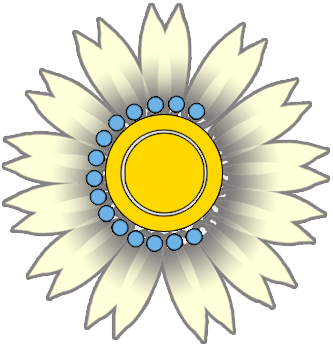Are You Waking Up Sneezing? Signs of Allergic Rhinitis & How to Treat It

Waking up with sneezing fits, a blocked nose, or endless sniffles isn’t just “bad luck.”
It’s often a sign of allergic rhinitis.
And if you’re also waking up with a dry mouth? That usually means your nose is so blocked you’ve been mouth-breathing through the night. Not fun.
Many people brush this off as “normal.” But here’s the truth: untreated allergic rhinitis can wreck your sleep, drain your energy, and mess with your focus at work or school.

Understanding Your Allergy Triggers
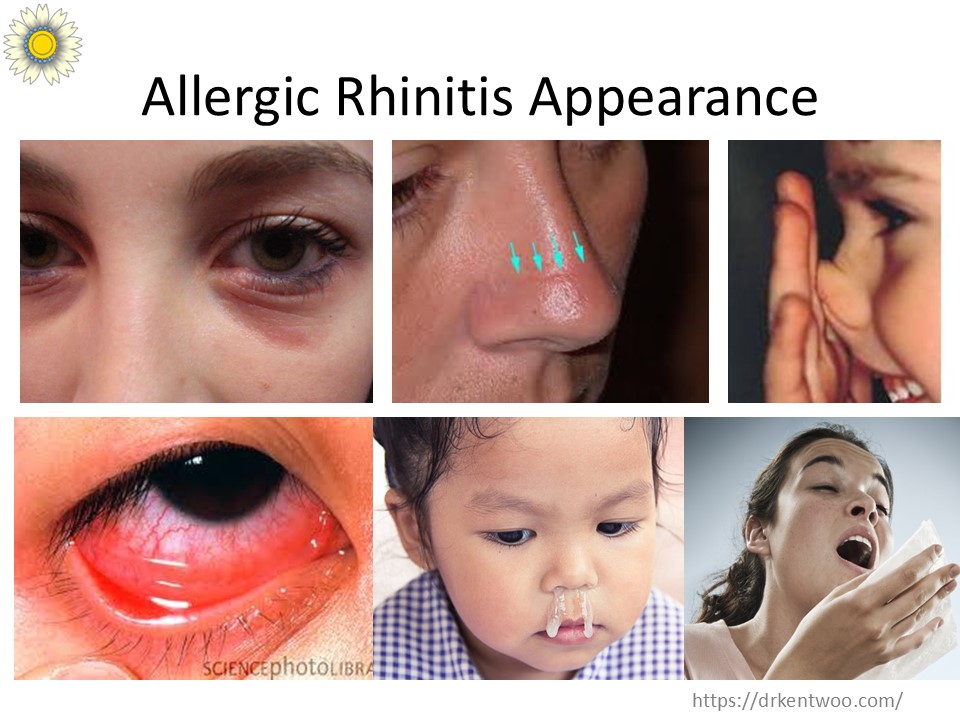
The first step in managing allergic rhinitis is identifying the allergens that trigger your symptoms.
Common culprits include:
✅ Dust mites in bedding and carpets
✅ Pollen from trees, grasses, or weeds
✅ Pet dander from cats and dogs
✅ Mold spores in damp environments
The Importance of Allergy Testing
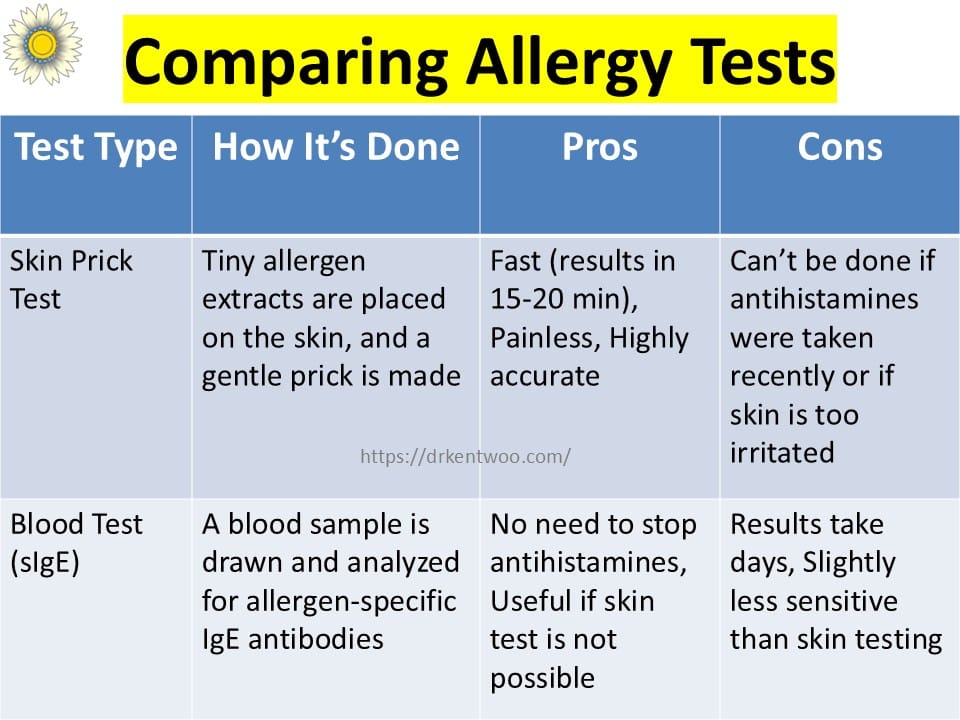
A skin prick test or blood test with an Allergist/Immunologist can pinpoint your exact triggers.
👉 Myth alert: there’s no age limit for allergy testing. Kids, teens, adults — testing works at any age.
Knowing your allergens allows you to take targeted control measures — reducing symptoms and minimizing your reliance on daily medications.
Can Allergic Rhinitis Be Treated Without Medication?
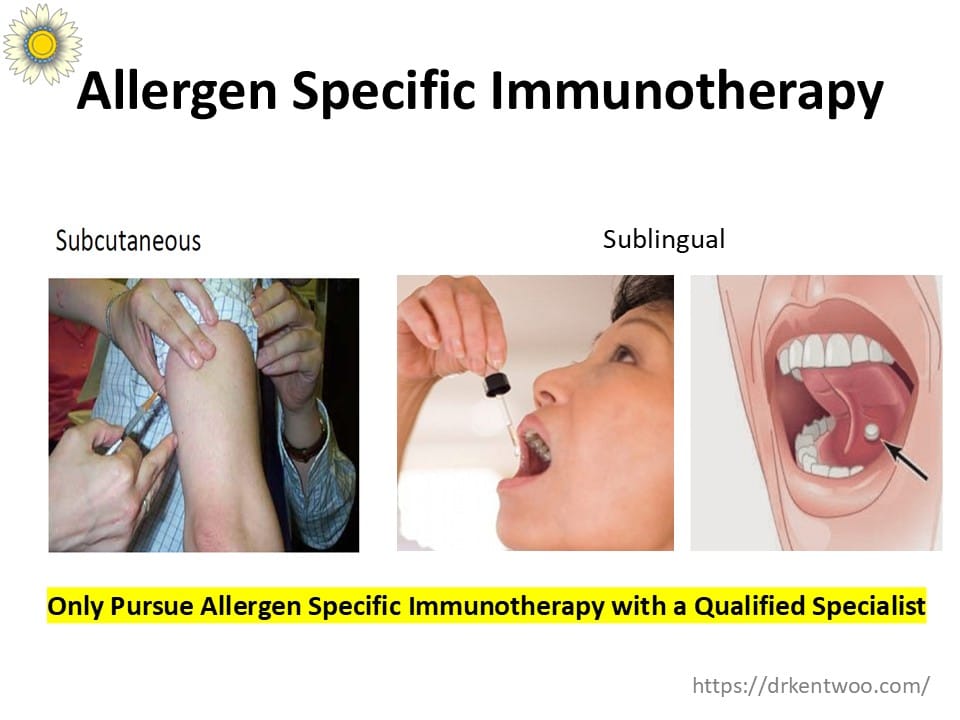
Sure, antihistamines and nasal sprays can help. But they only calm the fire — they address the root cause.
If you want a long-term fix, there’s something better:
Allergen-Specific Immunotherapy (AIT).
AIT doesn’t just mask symptoms. It retrains your immune system to stop overreacting in the first place.
Combining Immunotherapy with Allergen Avoidance
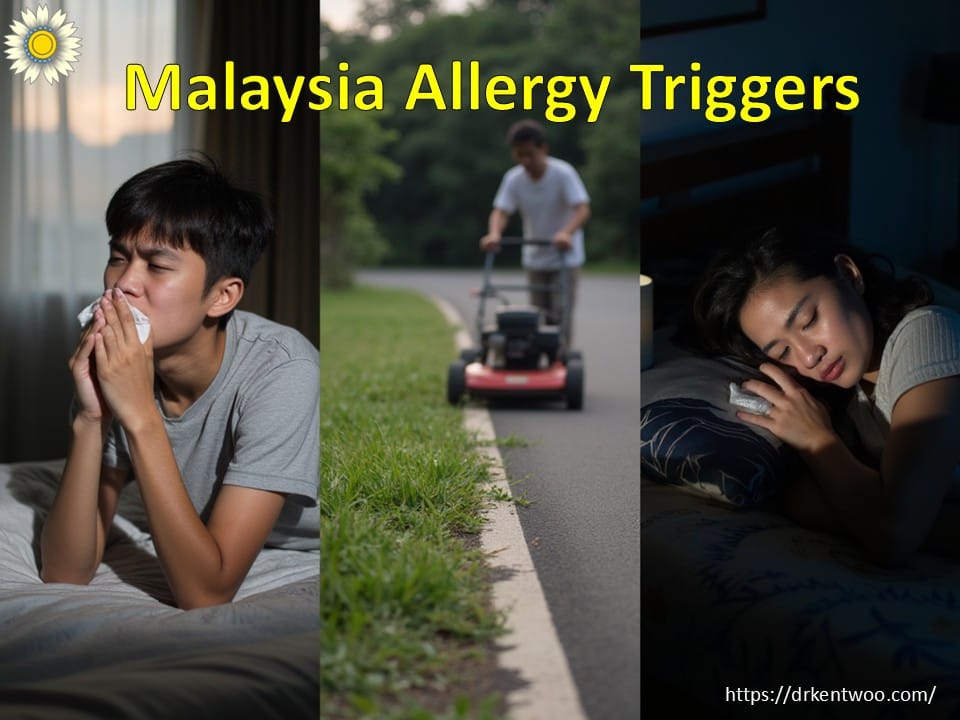
While AIT modifies your immune response, reducing exposure to allergens is still key for optimal control. Simple steps can make a big difference:
✔ Use allergen-proof bedding to block dust mites.
✔ Keep indoor air clean with HEPA filters.
✔ Bathe pets regularly and keep them out of bedrooms.
✔ Control humidity and clean damp areas to reduce mold.
The Most Advanced Allergy Treatments Are Available Here
At The Allergy Immunology Clinic, we offer the latest protocols for diagnosing and treating allergic rhinitis. Our state-of-the-art immunotherapy program is designed not just for symptom relief, but also to help prevent progression to asthma.
💡 If your allergies are disrupting your life, it’s time to take control.
📅 Book a consultation today and find out how we can help.



